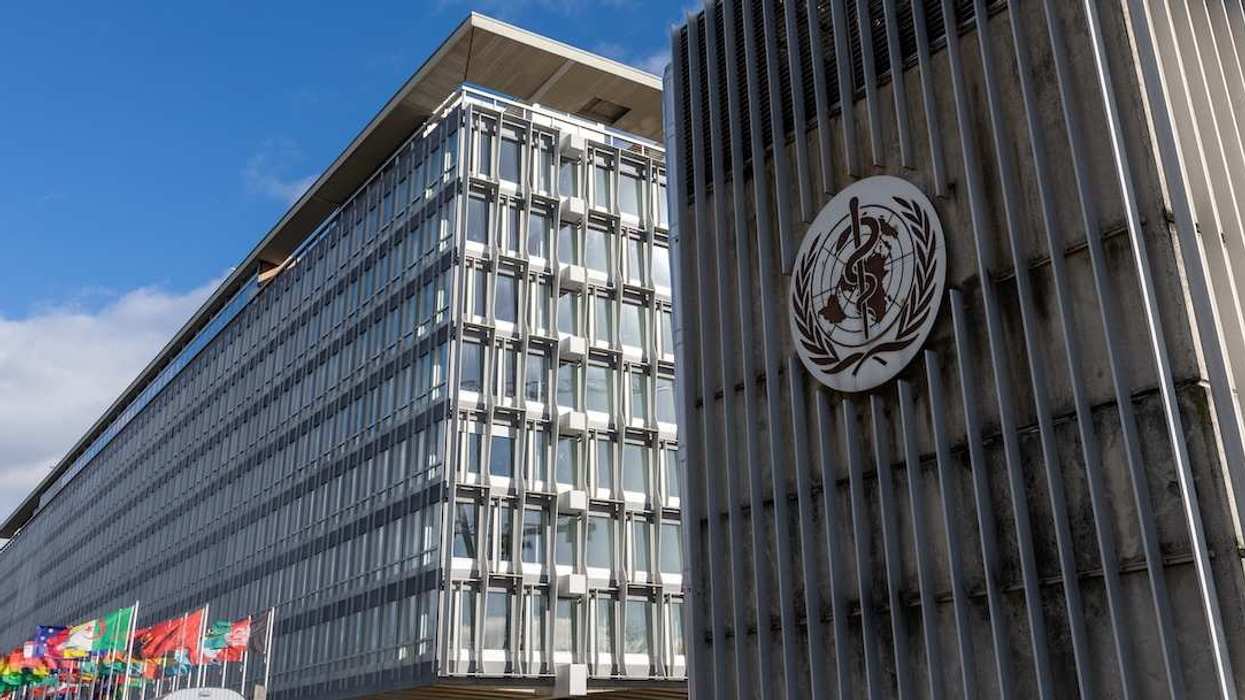Earlier this month, Nigeria’s human rights agency reported that the country suffered more killings by insurgents and bandits in the first half of 2025 alone than in all of 2024.
That level of violence in Africa’s most populous country – and a major oil producer at that – should raise alarm bells. But experts from the country caution that there are a few ways to look at this data, which has only been kept consistently since 2024 to begin with.
First, the patterns of violence in Nigeria are shifting. For years, the largest threat in the country was the jihadist group Boko Haram and its various offshoots, which terrorized the northern reaches of the country with killings and kidnappings. But Nigeria’s security services have steadily ground them down, according to Amaka Anku, a Nigeria expert at Eurasia Group.
“Boko Haram is pretty much non-existent,” she says. “ISWAP [a local ISIS offshoot] does a few things, but that’s not the majority of where [the violence is coming from].”
So who are the perpetrators?
In fact, much of the recent increase is the result instead of violence in the central states between farmers and herders, as settled cultivators and nomadic cattle shepherds fight over valuable resources of land and water.
“A lot of what’s driven the number up is the killings in Benue state” says Anku, referring to the central Nigerian state where much of this type of violence is concentrated. Of the 606 killings reported in June by the country’s human rights agency, roughly 200 were in Benue alone.
Climate change is one of the underlying factors for the violence. The desertification of once-fertile areas of northern Nigeria has pushed herders south toward the central parts of the country – like Benue – which have seen longer rainy seasons. This has put them in conflict with farmers. There is a sectarian overlay as well: herders are typically Muslim, while farmers are usually Christian.
But there may also be a statistical anomaly in the numbers.
2024 was the first year that this data was kept, and that happened to be the first full calendar year of President Bola Tinubu’s premiership. He won power in part on a promise to rein in violence. To achieve this, the government launched a fresh security crackdown, while some state governments have even explored doing deals directly with criminal groups.
“Sometimes, the government is trying to negotiate with the bandits,” Aliyu Dahiru, a Nigerian journalist who reports for Human Angle, told GZERO. “It will give them money and say, ‘OK, let’s negotiate. You’ll stop attacking this particular location and we are going to stop attacking you.”
There’s just one problem, per Dahiru: there is no single leader of all Nigeria’s violent groups. The government may strike a deal with a head honcho, or the military may even kill one, but more groups will just spring up in their stead, says Dahiru, and the cycle continues.
“While you’re attacking [one] group, another one is getting more sophisticated, attacking more villages,” says Dahiru. “Before you know it, it’s a typical issue in that region.”
As a result, the uptick in 2025 may in fact be a reversion to the mean after a particularly successful year rather than an unprecedented spike.
Will this hurt Tinubu politically? The next election is just over 18 months away, and the most pressing problem for the president right now isn’t security, but rather skyrocketing inflation. Nonetheless, if current trends continue, violence could well become a defining electoral issue again , says Anku, meaning Tinubu will have to confront the problem again very soon.
“It ends up getting a lot more attention closer to an election, because you can whip up a lot of fear over it, right?”


















